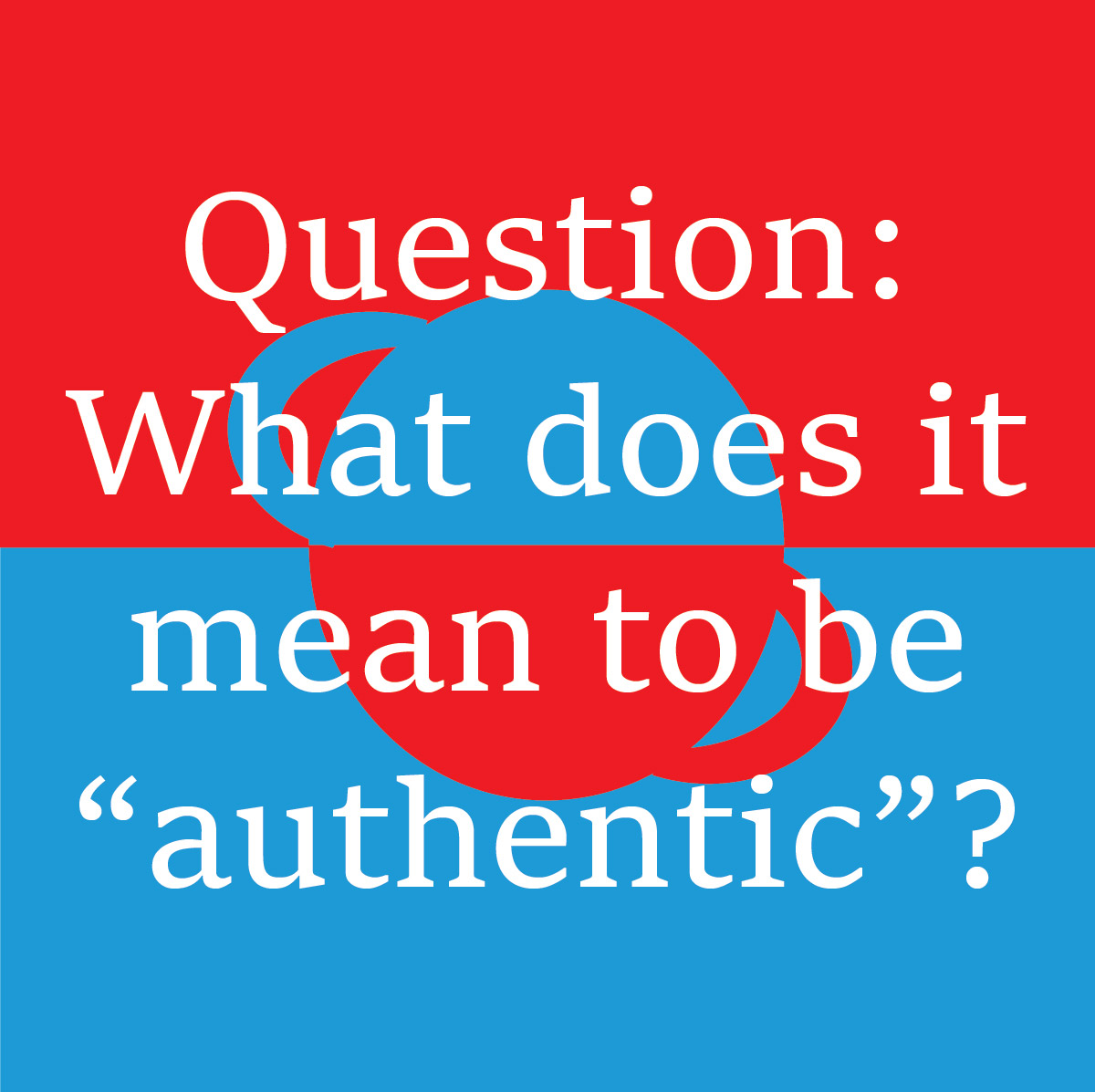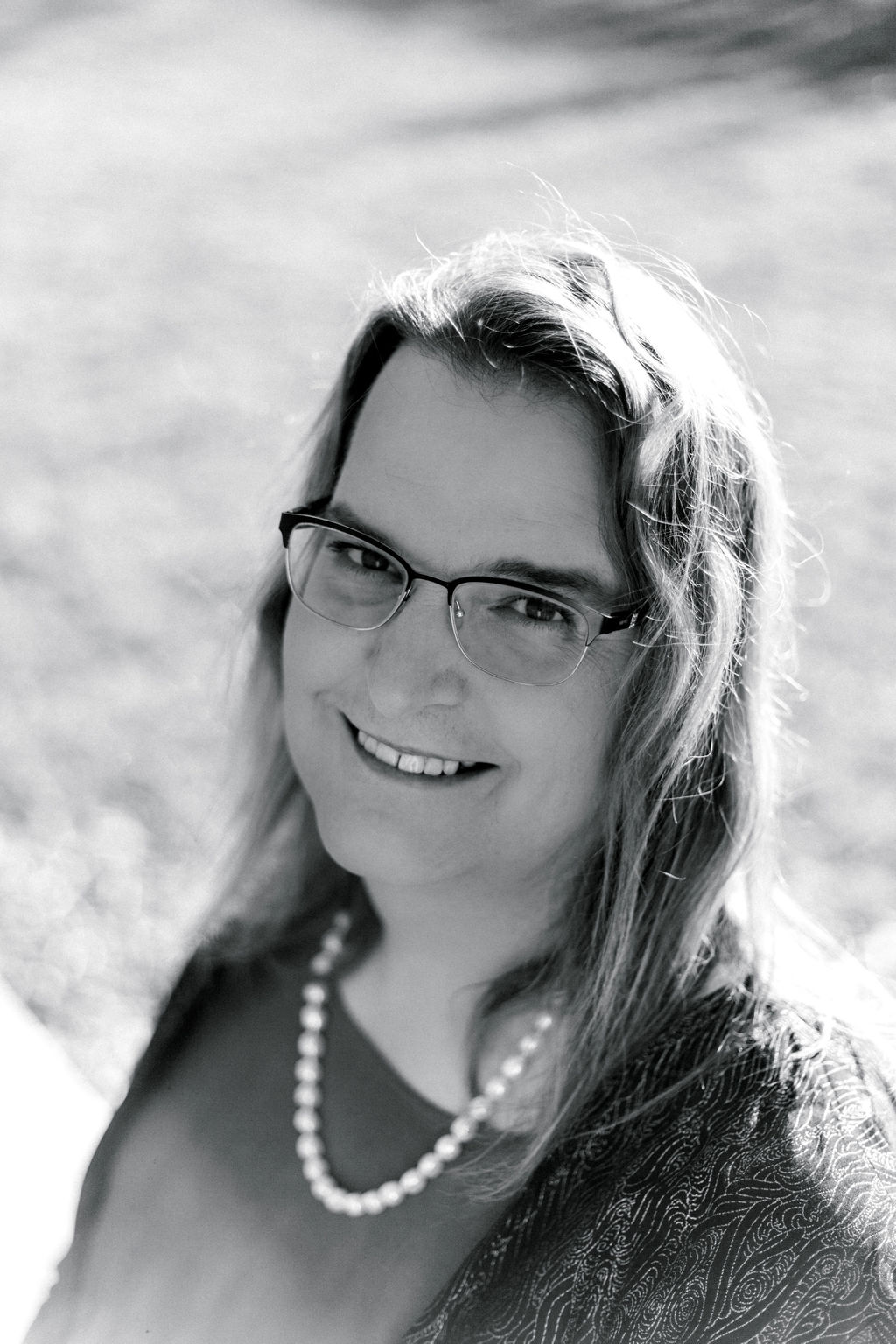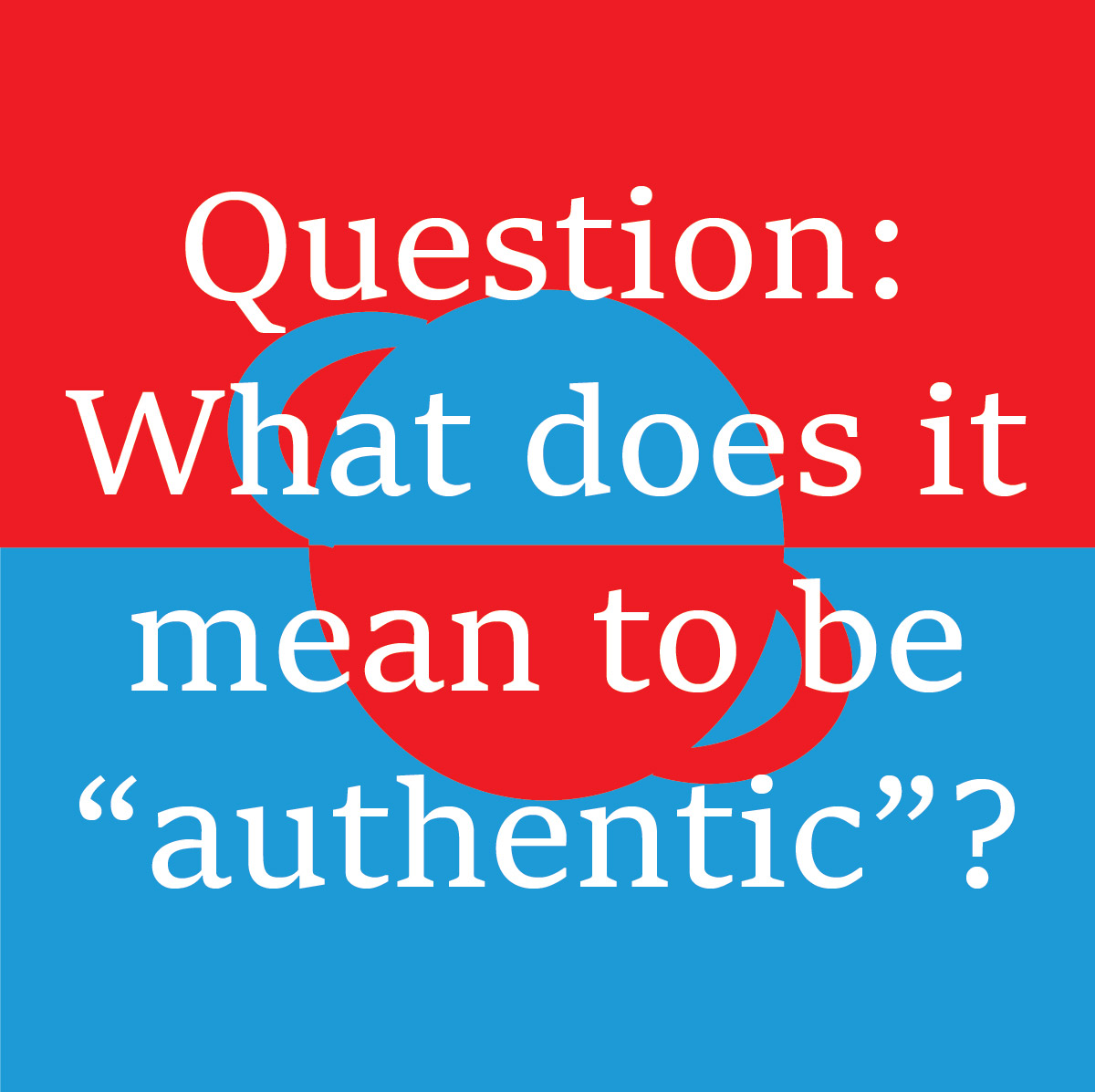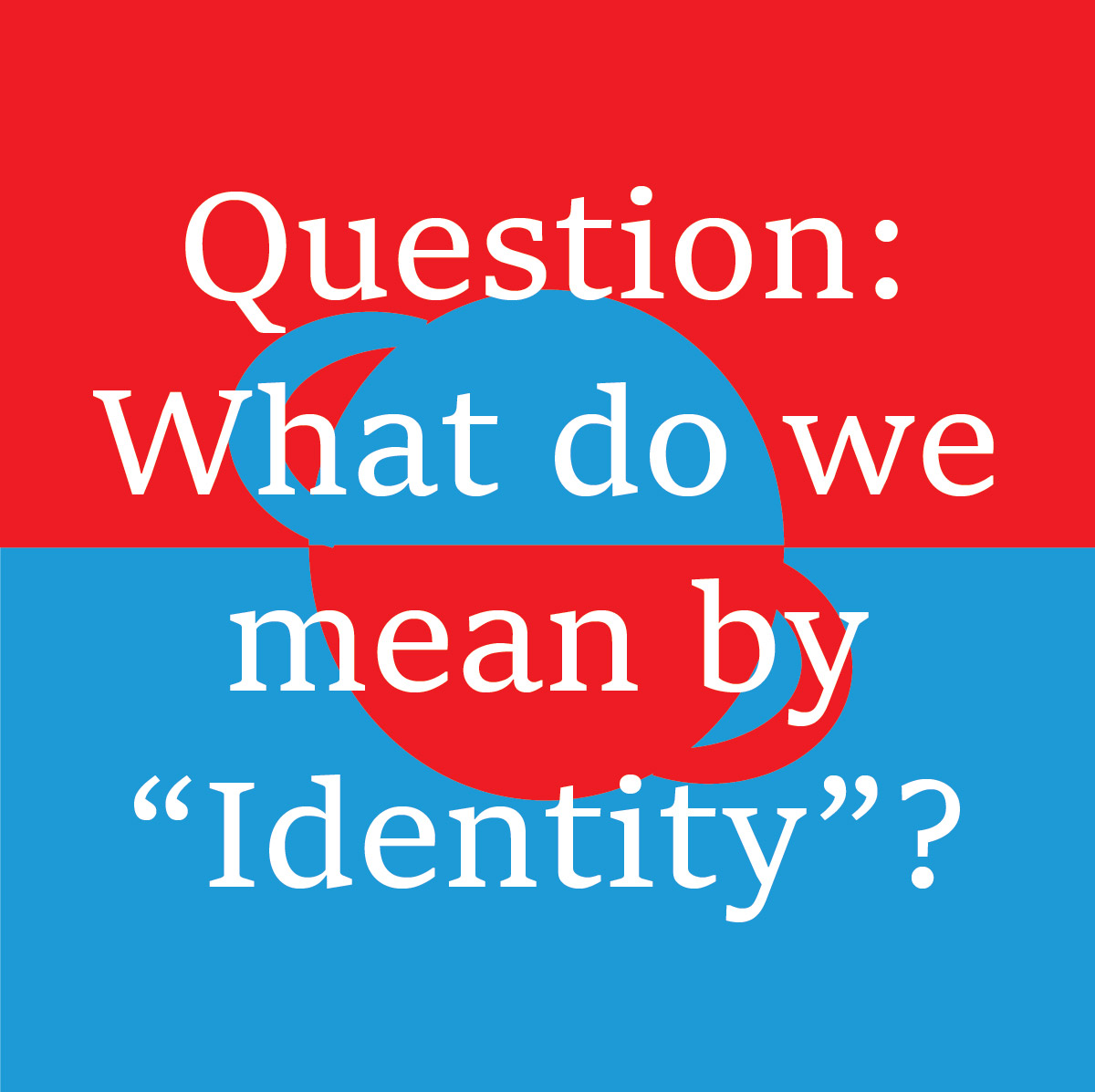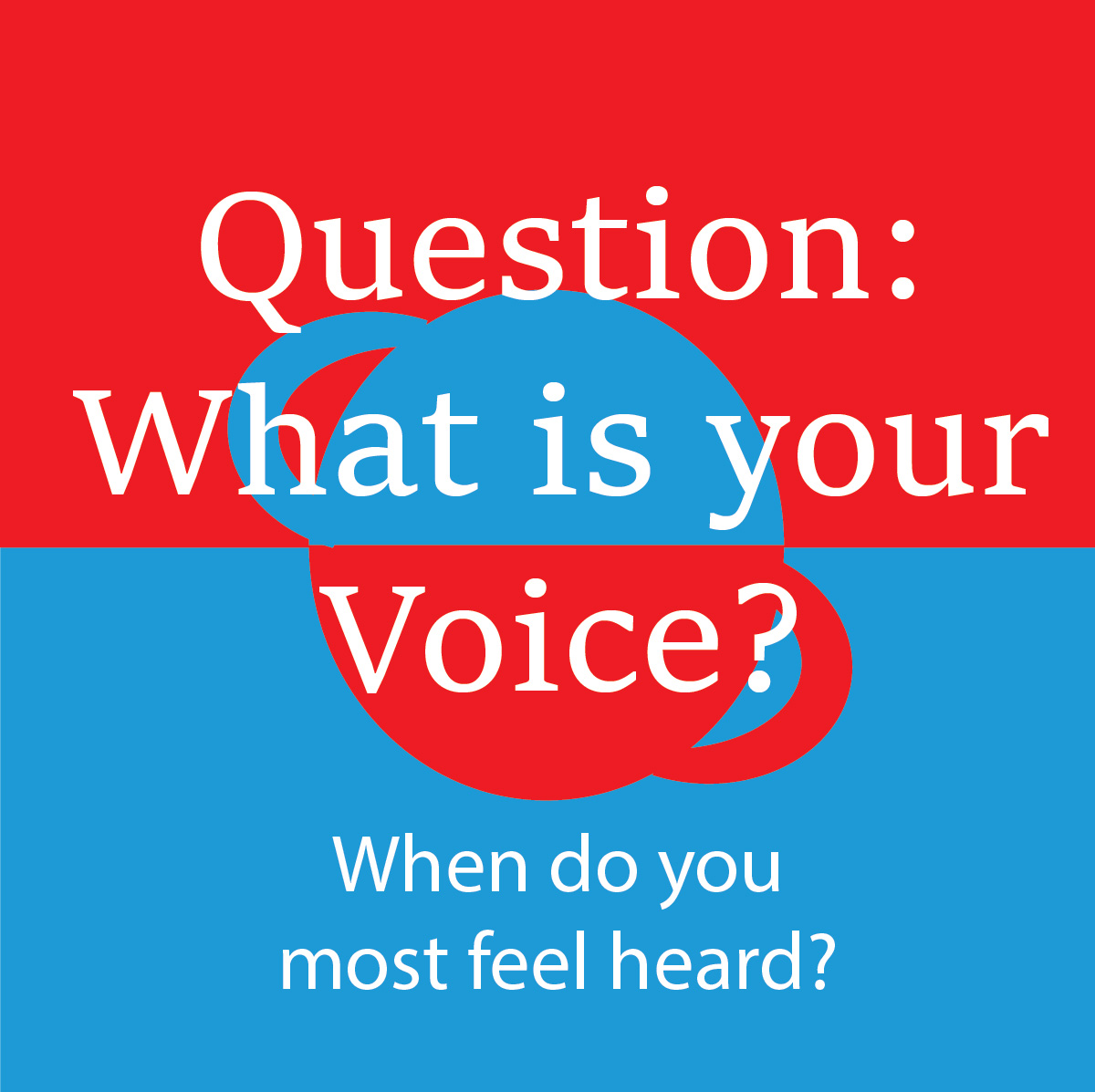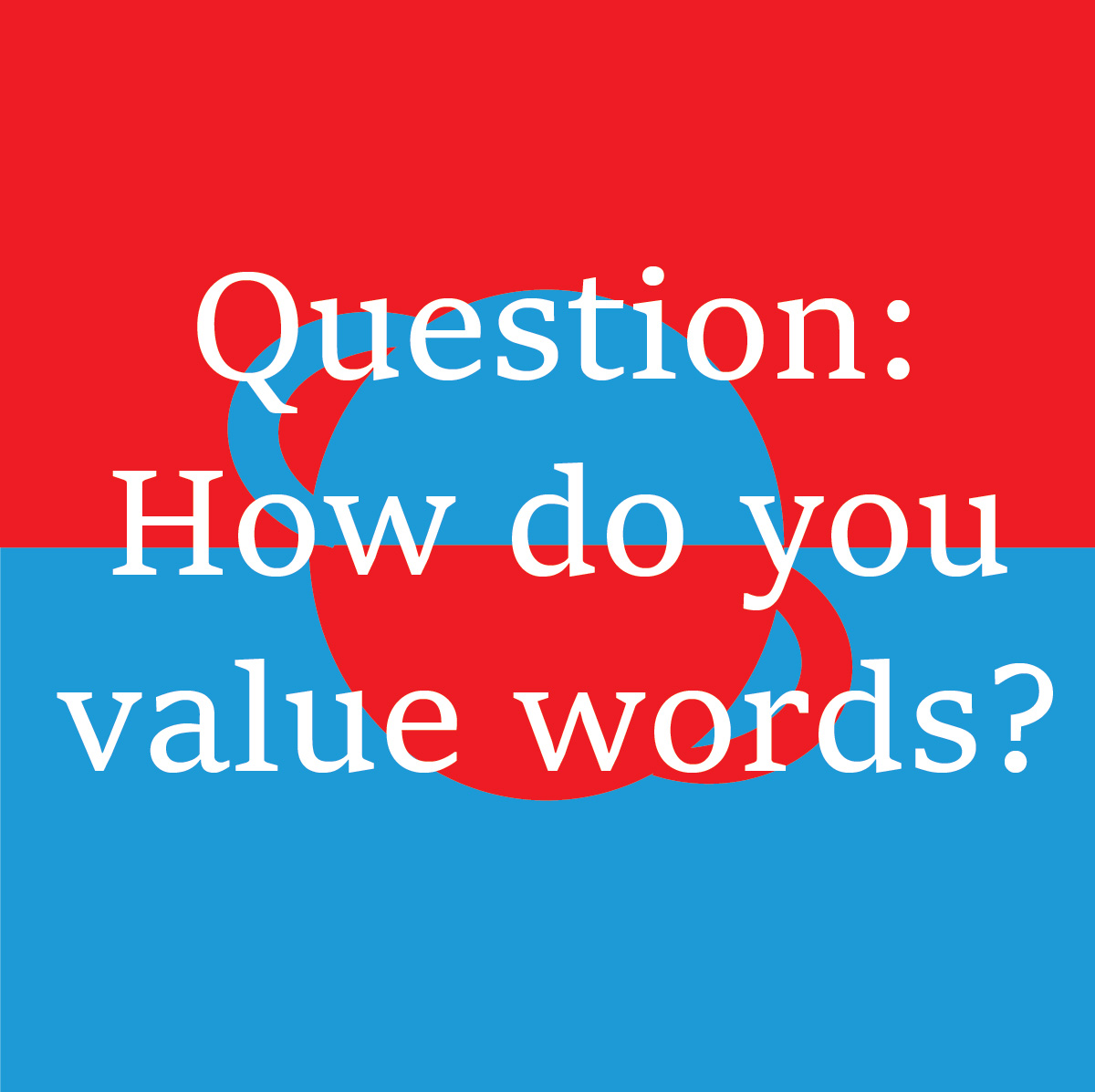Episode Transcript
[00:00:01] Speaker A: Welcome back to Hotter Iced for the third installment of episode one. We've brewed it, we've poured it. It's time to savor it.
[00:00:12] Speaker B: All right, we are back with our third segment, Savoring.
And Laura Beth is going to kind of lead this segment, if you will.
[00:00:25] Speaker A: Yes.
[00:00:27] Speaker B: Lorbeth is. Well, we're gonna let her introduce herself, but Laura Beth works in the church community.
[00:00:38] Speaker A: Faith community. Community. Thank you.
I mean, I'm technically a pastor.
[00:00:43] Speaker B: Okay.
[00:00:44] Speaker A: Yeah. But I don't like to always throw that out there because people stop cussing.
Yeah.
We're gonna keep this mostly expositive free. So I won't tell my rule, but I'm okay with the cussing. Just for peace, just so people know when you.
Yeah. And as a queer pastor, it's an interesting space to be in. It's been interesting place to have. To have grown out of and coming out of that someday. We'll get to my coming out story a little bit. But, yeah, I've been in churches and ministry my entire life and doing a lot of music, doing a lot of other things. So our savoring space isn't necessarily.
It's not Christian. It's not anything focused. It's just kind of a pushing deeper. Just what is some things that we're thinking about. Anyway, I'm going to post these questions on our Instagram page, which is Indie Queer Coffee.
And I'll get it out at some of the other career groups in Andy, too.
So, yeah, before we come to record, which our goal, by the way, is to record in the coffee shops where we've either just had or will be having the coffee club. So little plug, third Saturday in January here at the Avenue.
[00:02:19] Speaker B: Yes, I believe it's the 18th.
[00:02:21] Speaker A: Sounds right.
Yeah.
So our question today is what is authenticity?
So it's kind of a buzzword. It's kind of. It has a lot of baggage, especially with a lot of queer people who grew up in the church, because people claiming to be authentic were anything but.
You know, we used to claim authenticity in the church was a pastor in rich jeans sitting on a stool instead of in a suit. Beyond pulpit.
And it kind of. It cheapens the words a little bit. And the church would invite people to be authentic, but just not too authentic. Yeah. Be who you are, as long as it looks a lot like us. And yeah, so kind of we're trying to reclaim the idea of authenticity and let it really, truly open up. So I did post it on our querying Indy and our friend Austin, who we hope to have join us.
[00:03:28] Speaker B: I think you hopefully will be our next.
[00:03:31] Speaker A: Our next guest.
Yes, Guest slash co host.
But Austin said authenticity is honest, genuine, and I love this word. Empathetic.
[00:03:49] Speaker B: Empathetic.
[00:03:50] Speaker A: Empathetic. So there is an element of empathy and relational aspect to authenticity. So the question goes to you, what is authenticity for you?
[00:04:06] Speaker B: I really like Austin's empathetic. I like. But I really like genuine too. I think that speaks to someone's authentic self, if you will.
But yeah, I think when I think of authenticity, I was having trouble saying that before. We.
[00:04:28] Speaker A: We've been practicing.
[00:04:28] Speaker B: Yeah, yeah. I think of, I guess maybe being very comfortable in your own skin, your own being.
Or I guess maybe in order to be authentic, you have to be really comfortable in your own skin.
[00:04:51] Speaker A: You have to know it. Yeah, yeah, yeah. I think this is something that is a. Not a unique experience, but a common experience. A more common experience in the queer community than in the non queer community is that in order to come to terms with who we are, with our sexuality, with our gender, sexual orientation, our gender identity, etc. We have to know ourselves and we have to pursue authenticity at a level that strips away cultural expectations.
And so I think one of the biggest barriers to authenticity is cultural normative thinking, heteronormative thinking, in our case, within faith communities. It's a homogenous pursuit of an idea or one idea of God and one idea of what faith looks like and how it's exercised.
So a knowing of self is a precursor to authenticity. Before I can present authentically as myself, I have to know myself.
So what were some moments in your life maybe where you felt authenticity emerging or what were some roadblocks maybe to authenticity?
[00:06:27] Speaker B: I think, I think like coming to not say terms, but I think understanding my sexual identity, I guess led me to my authentic self.
But then barrier to that would be like all of my like friends and most of my family were super welcoming, but my dad's initial reaction was not. And I feel like that then was a barrier because then I think I questioned, you know, myself and didn't feel like I could be authentic or that. Not that I couldn't be, but that there was something wrong with me for that. Right.
[00:07:20] Speaker A: Yeah, we run into that a lot when we first started experimenting with authenticity.
It's met with different responses. People like the masks. People like it when we avoid authenticity, when we put on an air of being something other than what we are, something that matches something that is more about the comfort of others than about our genuine representation of self.
So authenticity Takes a certain level of self confidence.
[00:08:02] Speaker B: Yeah, absolutely.
[00:08:04] Speaker A: That is often undermined by who we are in the culture. And in all fairness, I told Alison that I was asking the authenticity question. Every other follow up question is catching her by suppression.
[00:08:18] Speaker B: So that's fine. But I would ask you the same.
When have you felt your most authentic self or what's been a barrier for your authenticity?
[00:08:32] Speaker A: Yeah. And I mean, so this. I have a very. It's a reason. This is our first question. I have a very deep relationship to the word.
I didn't come out my early 40s about 10 years ago, not about 10 and a half years ago, May of 2014. And it was after a suicide attempt and I checked into a hospital for a little while to get. I thought I was getting some medication adjusted and having a weekend off basically is what it was boiling down to. It made it up much longer and they weren't releasing me until I showed some ability to be authentic with myself and my emotions and engaging them.
And when I was finally released from that space, it was about nine days, 10 days.
The doctor's instructions to me were to live more authentically. I was living two lives, one internally and one that I shared with the rest of the world and constantly adapting that external space to whatever I need to be. And I was being the chameleon.
And his exact words, where it's killing you from the inside out, it's not sustainable. And so I really started to wrestle with who I was. And I'd been in therapy at that point for about 10 years and diagnosed with at the time gender identity disorder, now gender dysphoria.
And so it was a moment of embracing who I am beyond the expectations of the culture I was in, the family culture, the spirit, the faith communities, the. I mean, it was in suburban Texas. So there was just a lot of pressure and a lot of ease that comes from conformity. And so being authentic was a risk.
And so it wasn't until the risk of being.
The danger of not being authentic was greater than the risk of being authentic that I really started to dive in and explore it. And it cost me a marriage.
That wasn't the only thing, but it was the final straw in that it's. It did not cause me my relationship with my kids. In fact, it brought me closer to my kids and just sparked their own journeys. And I won't speak to that. That's their story to tell. Maybe they'll come.
[00:11:23] Speaker B: Yeah.
[00:11:26] Speaker A: But yeah, it is a. It's a.
To be authentic is both a freedom and a risk.
It's a space of vulnerability and a safe space of exploration that opens up doors to a level of peace and comfort.
Not without conflict, not without struggle.
But peace isn't the lack of conflict.
It's the inner confidence of knowing that we are comfortable in who we are in the space we're in.
So, yeah, write in the comments when we post. We're gonna post this on Instagram and Facebook. Not as much on our Facebook, we haven't.
[00:12:27] Speaker B: And part of that. Well, I try to post everything that's on Instagram onto Facebook, but, like, the young kids don't use Facebook.
[00:12:34] Speaker A: Well, that's why we only have young kids at our.
[00:12:40] Speaker B: Post things on Facebook, so.
[00:12:42] Speaker A: Okay, well, maybe as the elder of the group, I will be more active on our Facebook.
Okay.
[00:12:50] Speaker B: Louis has been lovely.
[00:12:52] Speaker A: It has been lovely.
[00:12:54] Speaker B: Will now ask you.
[00:12:55] Speaker A: Yes.
[00:12:56] Speaker B: Anything that I have not. I haven't asked for any questions today, but anything you would like to add Conversation.
[00:13:05] Speaker A: Yeah.
[00:13:06] Speaker B: Or did I speak to.
[00:13:09] Speaker A: I think I've talked a lot today, so I think I've. I appreciate that, though. Thank you.
Yeah, I'm just looking forward to more conversations and just being in the space. We're going to still keep working out the technology.
I have plans, ideas to get a little better. This is better than it was.
I'm feeling confident that this is actually going to get published this time. So this is officially the first episode.
[00:13:40] Speaker B: Laura Beth is our tech guru. She. I don't know if we mentioned this, but you worked in the music industry. Yeah, for quite a while. So.
[00:13:51] Speaker A: Yeah, I was on the road. I mean, this is way before Internet and podcasting era. I was actually on the road when I got on the World Wide Web for the first time.
Yeah, I was on a tour, actually.
[00:14:06] Speaker B: Quick little fun fact and I were shopping at a really fun gift shop in Irvington called Hampton.
Yeah, I think it's from Hampton. Check it out if you're in Indianapolis. But they were playing music videos and Shania Twain music video came on, and Laura Beth's like, hey, if you just like, look right over there or right over there in the corner is me.
[00:14:31] Speaker A: Yeah. You can't see me on camera, but, yeah, I was pointing out that she was.
[00:14:34] Speaker B: She was right over there.
[00:14:35] Speaker A: Right over there. It was a Shania Twain video. Yeah.
Stage in a warehouse. And yeah, I was gaffing that day. Taping. Taping wires, cords to the floor so people didn't turn over. But, yeah, that was a fun. And I worked in the Christian music industry. This is something else we can talk about sometime, but did some work with country artists and talk about authenticity and genuineness. Found a lot more of that from the country artists than I did from most of the Christian artists that I work with.
So, yeah, there's something. Something to those two worlds that has some differences there, but it's been great.
Check out.
Yeah, check out some elements. Leave some stuff in the comments about there. Tell us where you are on the spectrum of ice to high.
On the spectrum of.
Yeah. Strawberry to grape or jam to jelly. Yeah, yeah.
Bits to no Bits.
[00:15:44] Speaker B: We came up with fun a few today.
[00:15:46] Speaker A: We did.
[00:15:47] Speaker B: The one we did. The one we didn't do was Almond Joy or Mounds.
[00:15:52] Speaker A: Almond Joy's got nuts. Mounds don't. Yeah, yeah. I'm always the donuts.
[00:15:58] Speaker B: Okay. Someone else. Okay. So we agree on that one.
[00:16:00] Speaker A: It also bits. No nuts. Yeah.
[00:16:06] Speaker B: Also maybe give us some ideas of, you know, like, things like that.
[00:16:12] Speaker A: Yeah. If there's any other categorized questions we need to. That we need to see if Alice and I can find more common ground.
That'd be great. And if you have any snack suggestions. Yeah, yeah.
[00:16:23] Speaker B: Yes. We love a good new snack.
[00:16:25] Speaker A: Yeah. And many of the coffee shops, we didn't have great snacks.
[00:16:29] Speaker B: That's true.
[00:16:30] Speaker A: So we might try some of those sometime, too. Allison. I'm. Allison's our snack guru, so I'm just gonna be along for the ride.
[00:16:36] Speaker B: Sounds good.
[00:16:38] Speaker A: Sounds great. All right, well, thanks, J. Till next time.
Hey, thanks for hanging out for the whole episode. Parts 1, 2, and 3 of episode 1. Come on back for episode 2 with more exciting guests, more exciting stories, and, of course, more snacks and more coffee.
Follow us on Instagram at Indie Queer Coffee or on Facebook. The same name. You can choose one of those, but you have to choose one of those.
And you can listen to us wherever you listen to podcasts.
See you again soon.
